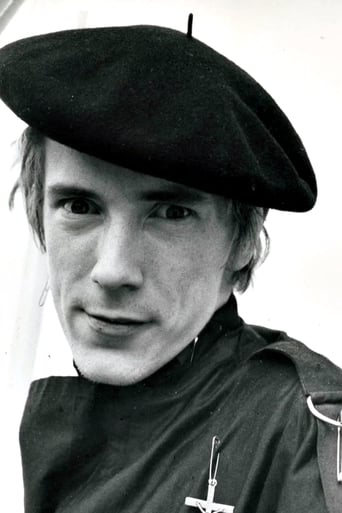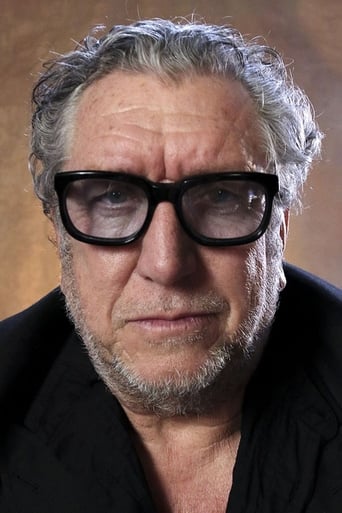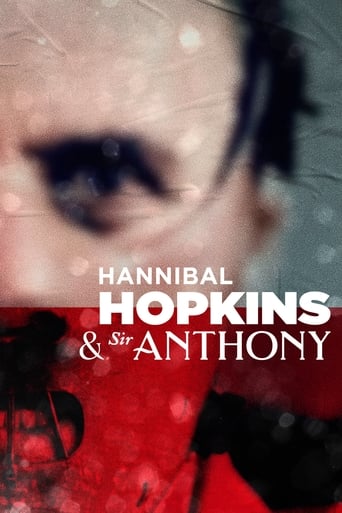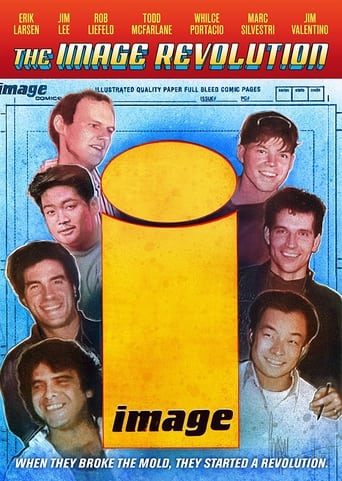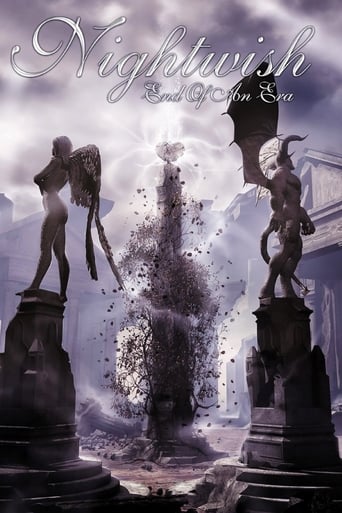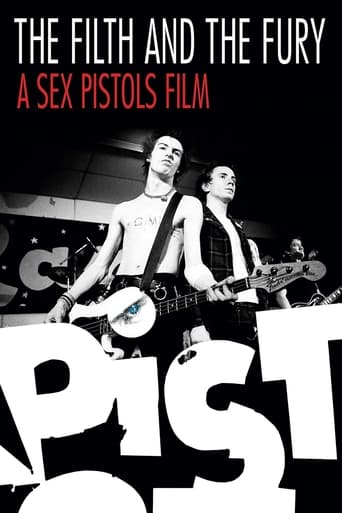

The Filth and the Fury (2000)
Julien Temple's second documentary profiling punk rock pioneers the Sex Pistols is an enlightening, entertaining trip back to a time when the punk movement was just discovering itself. Featuring archival footage, never-before-seen performances, rehearsals, and recording sessions as well as interviews with group members who lived to tell the tale--including the one and only John Lydon (aka Johnny Rotten).
Watch Trailer
Cast
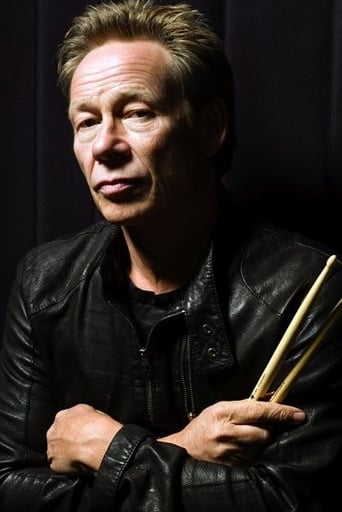
Similar titles
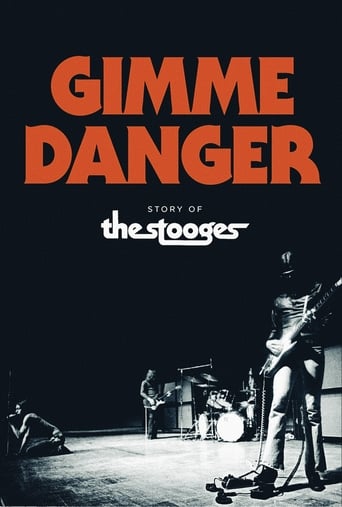
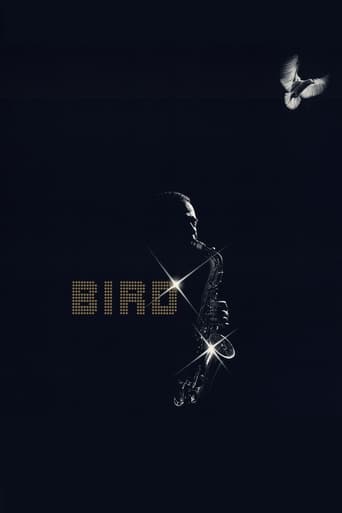
Reviews
Waste of time
As Good As It Gets
A Major Disappointment
It's not great by any means, but it's a pretty good movie that didn't leave me filled with regret for investing time in it.
In interviews done at the time of the film's release, Julien Temple talked about the genesis of this film, and the reasoning behind some of the peculiar and novel gimmicks he used. Basically he had some out-takes that he had filmed for "The Great Rock & Roll Swindle", as well as some random British TV recordings from the 1970's that he had recorded on one of the first commercial VCR's. Temple wanted to use this material to tell the story of the Sex Pistols from their point of view, rather than Malcolm Maclaren's point of view presented in "The Great Rock & Roll Swindle". He said he included the ancillary material such as the video recordings to give a flavor of the times. The reason he gave for recording the living Pistols in witness-protection style silhouette (and Maclaren in a mask) was to hide their age and make it seem like the interviews were contemporaneous with the other footage, especially with regard to the interview of a non-silhouetted Sid Vicious in London's Hyde Park in 1978. In practice, the silhouettes are annoying and repetitive and make it hard to identify who is speaking on first viewing.This film has exactly the same flaws as Temple's original effort, "The Great Rock & Roll Swindle" - its account of the Pistols' story is a biased, inaccurate, incomplete, poorly-structured mess, frequently interrupted by unnecessary, gimmicky, distracting, pretentious irrelevant inserts that have nothing to do with the main story. Only this time, instead of portraying the Sex Pistols as mindless puppets in a cynical commercial ploy by a clever manager, they are portrayed (implicitly via news footage from the 1970's) as idealists making political statements about their society, financially exploited by a useless Maclaren. Both slants are fantasy. The Pistols have repeatedly pointed out they were not political, although Rotten has in recent years started parroting some of the fantasies written about him and the punk scene by intellectuals; any quasi-political imagery foisted on the band was largely the doing of the supposedly useless Maclaren and his cronies. We see all the usual tricks of agenda-pushing documentaries, with isolated, possibly irrelevant snippets of visual interest (e.g. a fat racist squirming through a window to rant to a TV camera) edited together to imply relatedness. What's more, many of these clips appear to date from long after the Pistols formed. Likewise we see the bad guys (Maclaren and cronies) in unflattering shots and the good guys (the Pistols) in flattering or neutral shots. That's just childish, as are the sudden dramatic increases in volume every time a Pistols song starts playing.Instead of Rock & Roll Swindle's cutaways to shots of Maclaren singing, mugging and pontificating, we get Olivier playing Richard III or TV ads or weather reports or forgotten comedians. These non-sequiturs are supposedly justified on the grounds of Rotten citing his influences or as a reflection of life in the 1970's, but it goes on and on and on long after the original point (if any) was made, until the original point is lost. When Temple was asked if there was any Pistols footage left unused after "The Filth and The Fury", he said there wasn't really, apart from additional concert footage which he considered redundant. This, I suspect, is the real reason for the excessive irrelevant footage, i.e. filler to get a commercial length for a feature film. I would dearly love to have seen the "redundant" concert footage instead. It would have been infinitely more interesting, entertaining and relevant. Temple's TV archives could have interest in their own right, but they belong in a separate documentary.Ignoring the inept, pretentious directing, this film does have many priceless moments, and does reveal a number of obscure or unknown facts about the Pistols, although I was surprised at how little unused footage there really was, and how much was reused from the final cut of "Swindle". The Pistols are shown to be funny, intelligent and personable, far removed from the punk caricatures. The 3 Johns, and John's closeness to Sid, and John's crying over his dead friend are a revelation. So too, the Pistols' last concert before their American tour, a firemen's benefit with lots of young dancing children joining the band in a cream pie fight - not very punk, but oddly touching. We see footage from the Pistols' very earliest days, together with some of the bizarre early fans like Sue Catwoman highlighting the bohemian roots of the punk scene. We get to see footage of the disgusting Nancy Spungeon. In a remarkable stroke of luck, Temple captured skinny teenage punk fan Shane MacGowan, long before he was famous, doing an acapella rendition of "Anarchy in the UK" on the grounds of a council flat, and schoolteacher Sting playing a gay rapist in a scene from the abortive "Who Killed Bambi" movie. But by far the funniest scene in the film was the intro to a 1978 American TV music show, in which the Pistols were the most normal, most successful, and least ridiculous-looking band to appear on the program.In summary this film was a wasted opportunity on account of the talentless director. But it's still essential for the odd gem of obscure Pistols footage, which even Temple couldn't mess up. If you want to see the definitive Pistols documentary, check out the "Never Mind The Bolloks" episode of the "Classic Albums" TV documentary series.
It probably takes someone like Julien Temple, who has been intimately involved in the Pistols' history, to make such a compelling documentary. Not being much of a Pistols fan, I didn't expect to be moved very deeply by this narrative, but I found myself fascinated by the plethora of material Temple has dug up, and the sophisticated, multi-layered editing. The film not only follows the Pistols' lives, but gives us a rich and detailed picture of the times that spawned them. And it completely validates their attitude - the Pistols are the only people shown here who appear completely contemporary, in contrast to a stifled society that, looking back, seems almost grotesque. It was time for the Pistols' full history to become known, including the details of their demise. Thanks to the filmmakers, now it is.
I've seen my share of rock documentaries, but this one levels them all. This is a film for anyone who's ever seen "The Great Rock 'N' Roll Swindle" and said "Oh, for f***sake! Could we get some f***ing TRUTH in here?!" Julien Temple apparently felt the weight of guilt upon his shoulders after aiding and abetting Malcolm McLaren in his insipid attempt to take credit, not only for every single thing the Sex Pistols ever did, but for the creation of punk rock (which goes all the way back to the end of the '60s, if you wanna get technical...so get stuffed, Malcolm).Here, Temple interviews the band in silhouette and throws at us a barrage of great clips from the hundreds of hours that he shot during the making of "Swindle"...included are several bits that were featured in the aforementioned film, but they're given a different spin, which actually has a ring of truth about it...as well as a great deal that we've never seen before, no doubt because that footage undermines the whole concept of the first film...namely: "I am Malcolm McLaren...the Sex Pistols were nothing...it was all me...worship me now."It's quite refreshing to hear Steve Jones (the only member of the band who ever really liked McLaren to begin with) musing as to how "everyone in the world knows Malcolm's full of s***." That's right...we do. And especially enjoyable were the band's recollections of how McLaren was panicking after the infamous Bill Grundy incident. Funny, when you watch "Swindle," it seems like it was all his idea...just like everything else. Oh, Malcolm...can your own life be so meaningless that you feel the need to take credit for everyone else's actions? Nevermind...that's rhetorical.What this film gives us that its predecessor lacked (aside from the absence of staged McLaren ego-trip material) is a historically accurate account of the band's existence, from its inception to its inevitable self-destruction.Not to mention that it actually contains genuine human emotion...something which "Swindle" lacked altogether. Especially touching are John's recollections of Sid Vicious's death...and how it was turned into more money in McLaren's pockets. "You can't get more evil than that, can you?" This was someone that John cared for like a brother, and his absence still hurts, even 20 years later.Overall, this film delivers the goods in every conceivable way. It is not only the ONLY worthwhile documentary about the Sex Pistols...it's also the best rock & roll documentary I have ever seen. Anyone with an interest in the musical evolution of the 20th century should miss this film at their own expense.
The Filth and the Fury is the best musical documentary I have ever seen about one of the most influential bands ever.The Sex Pistols were an explosion that could only last a short time but one whose ripples still influence bands of today which is amazing as they only ever released one album.The footage of the band was excellent with lots of previous unseen shots and I really felt that the film tried to show them as human beings rather than caricature bad guys. I also thought that the director did a great job of explaining the social climate of the time and why punk came about, an honest account about how ordinary people in the UK really felt about what was happening at the time.All in all a fitting epitaph, their music was raw and brilliant, I just wish I could say that about most of todays offerings.
